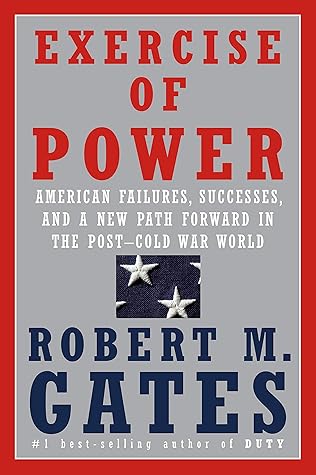More on this book
Kindle Notes & Highlights
Read between
March 10 - March 20, 2021
According to State Department lore (meaning the story may be true), when George Shultz was secretary, he would greet new U.S. ambassadors in his office, take them over to a large globe, and ask them, “Which is your country?” They would invariably point to the country where they were to serve as ambassador. And Shultz would invariably correct them, pointing on the globe to the United States and saying, “This is your country, and don’t forget it.” Sadly, many of the best people in
When military missions morph into nation-building, as happened in Somalia, Haiti, Afghanistan, and Iraq, the potential for trouble—and mistakes—increases exponentially.
the U.S. government simply is not organized to exercise power effectively in areas such as nation-building, the offensive use of cyber capabilities for political purposes, strategic communications, humanitarian and development assistance, and intervention in internal conflicts in other countries. Responsibility for nation-building—essentially
What will become evident is that structures and procedures designed for the exercise of power during the Cold War and a simpler time are no longer adequate for the more complicated and more technologically advanced post–Cold War world.


